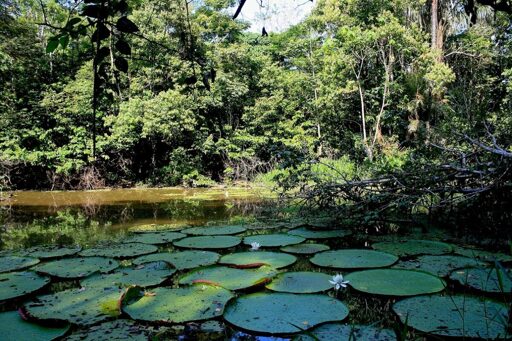In the heart of the Brazilian Amazon, local communities are leading the charge against environmental crime — and they’re succeeding. Our new peer-reviewed study published in Conservation Biology has found that community-led patrols reduced illegal activities such as unregulated fishing, hunting and logging by up to 80% in two vast protected areas, even in the near-total absence of formal government enforcement. These findings come from a decade-long analysis of the Voluntary Environmental Agents (VEA) Program, a community-based monitoring initiative in the Mamirauá and Amanã sustainable development reserves in Brazil’s Amazonas state. From 2003 to 2013, more than 200 trained residents carried out nearly 20,000 patrols, totaling around 150,000 hours of activity. When communities are equipped with training, resources and institutional support, they can become powerful guardians of biodiversity. Local participation in environmental protection offers a scalable and cost-effective approach that not only enhances rule enforcement but also strengthens social legitimacy and long-term compliance — especially in remote or underresourced regions. A community patroller in the region studied. Image courtesy of Bruno Kelly/Instituto de Desenvolvimento Sustentável Mamirauá. Patrolling with purpose The study tracked illegal activities across 12 community-managed territories within the two reserves. VEAs, often mobilized through community alerts, responded to environmental infractions including poaching of pirarucu (Arapaima gigas), the world’s largest scaled freshwater fish, and the use of banned fishing gear. Crime detection was higher during informant-led patrols and increased with the number of patrollers and time spent in the field. But what stood out was the overall downward trend:…This article was originally published on Mongabay
From Conservation news via this RSS feed


